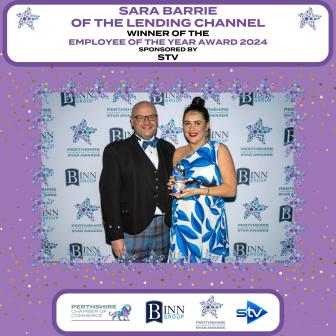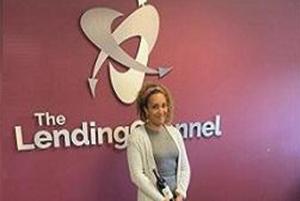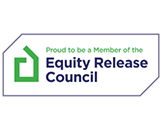Can You Remortgage To Consolidate Debt?
Debt consolidation can be a useful way of managing outstanding loans.
It streamlines all of your borrowings into one monthly repayment, which can help you pay off your debt more efficiently. It allows you more clarity, helps you to budget, and sets out the terms of your loan clearly, so you don’t have to manage multiple interest rates and payment deadlines.
Could you remortgage your property to consolidate debt? The short answer is yes, it’s possible. Whether it’s a good idea or not is a different story and will depend on your situation.
For many, remortgaging to consolidate your debts can save you money. However, for others, it might do more harm than good.

What is a debt consolidation mortgage?
A debt consolidation mortgage is when you take out a remortgage deal using the equity already in your property to help pay off other outstanding loans. This can include car loans, personal loans or credit card debts.
Releasing the equity in your property this way can help you pay off your existing loans, relieving the pressure on your finances. Using a debt consolidation mortgage could reduce your monthly payments and help you manage your money better, leaving you with more freed up cash at the end of the month.
Why would I use a debt consolidation mortgage?
Mortgage deals are often more affordable than other outstanding debts one might incur. Secured loans are often cheaper than unsecured debt because the lender has something to fall back on should you fail to make repayments.
For instance, the interest rates on credit cards are often higher than mortgage rates. This means that in some cases, shifting your debt to your mortgage rather than a credit card results in cheaper monthly payments.
Consolidating all your debt into a single mortgage repayment can help you in managing your money better. Because your debt is now streamlined, you’ll only need to pay attention to one interest rate, one payment deadline, and the terms of one loan. This can allow you to repay your debts quicker because it’s much easier to keep on top of the payments.
This might seem like a great option, but in reality, you might end up paying more overall. As you’re more likely to be paying your mortgage off for a longer period of time, the debt could actually add up to much more in interest. It’s generally accepted that remortgaging for debt repayments should not be your first choice when managing your loans.
How does it work?
You apply to a mortgage lender just as you would with any other loan. There are a few factors the lender will look at when assessing your eligibility for a consolidation remortgage, including:
- Your credit score
- The value of your property
- How much of your property do you own outright
- Your income.
Remember that you might be required to sign a document drawn up by a solicitor before the lender agrees to a deal. This is an agreement that states that you’ll pay your debts in full on completion of the advance.
Should I use a consolidation remortgage to pay debt?
Although a debt consolidation remortgage looks attractive on the surface, the general advice from financial experts is to tread very carefully. This should be used more as a last resort than the first port of call.
There are many drawbacks that you need to consider carefully before going down this route.
- You’re essentially securing your debt against your property. If you fail to keep up repayments, you could lose your home
- Although secured loans appear cheaper than other options, the terms of a mortgage tend to be much longer. This means that you might pay more in the long run. Be sure that you add up what you would be paying overall rather than just comparing rates
- If you have to remortgage, you may incur costs and fees
- There may be cheaper options available to you, such as balance transfer cards.

How much could I borrow?
It’s difficult to pin a number down as all lenders work to different criteria.
It frequently depends on how much equity you have freed up in your home, your credit report, and your debt to income ratio.
Speak to a trustworthy professional
The Lending Channel has years of experience dealing with complex mortgages, debt consolidation and specialist loan products. If you’re considering a debt consolidation remortgage, it’s crucial that you seek the advice of a respected broker before you take action.
We can help you to figure out if this is the most cost-effective path for you. If we decide to go ahead with this type of mortgage, we’ll use our expert knowledge of the market to source you the best deals possible.
Call The Lending Channel today for free, no-obligation financial advice




.jpg)

.png)
























